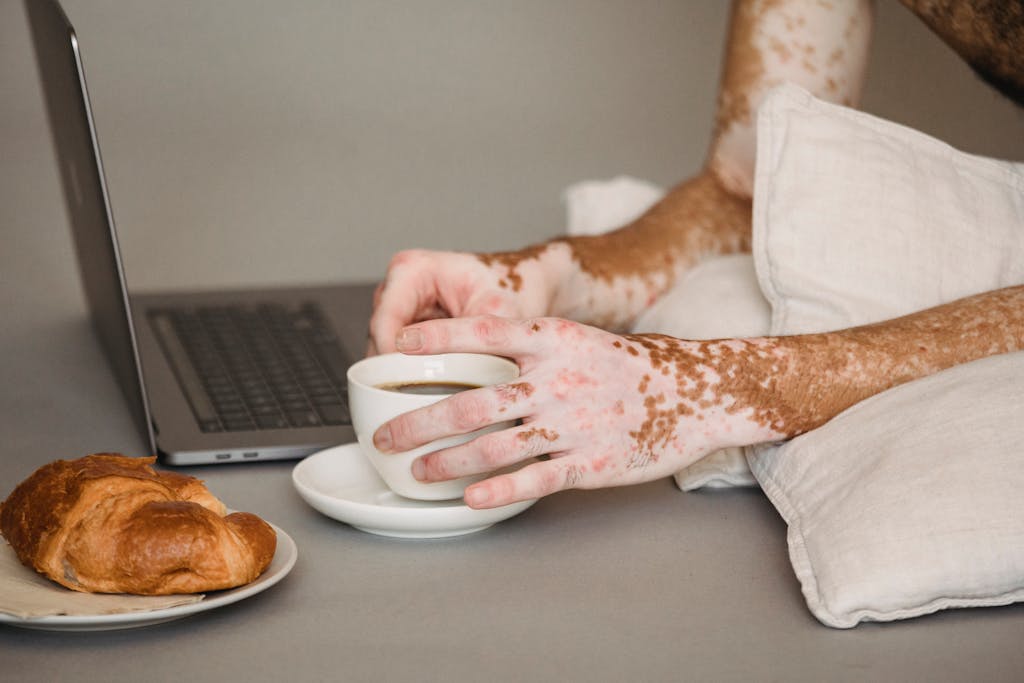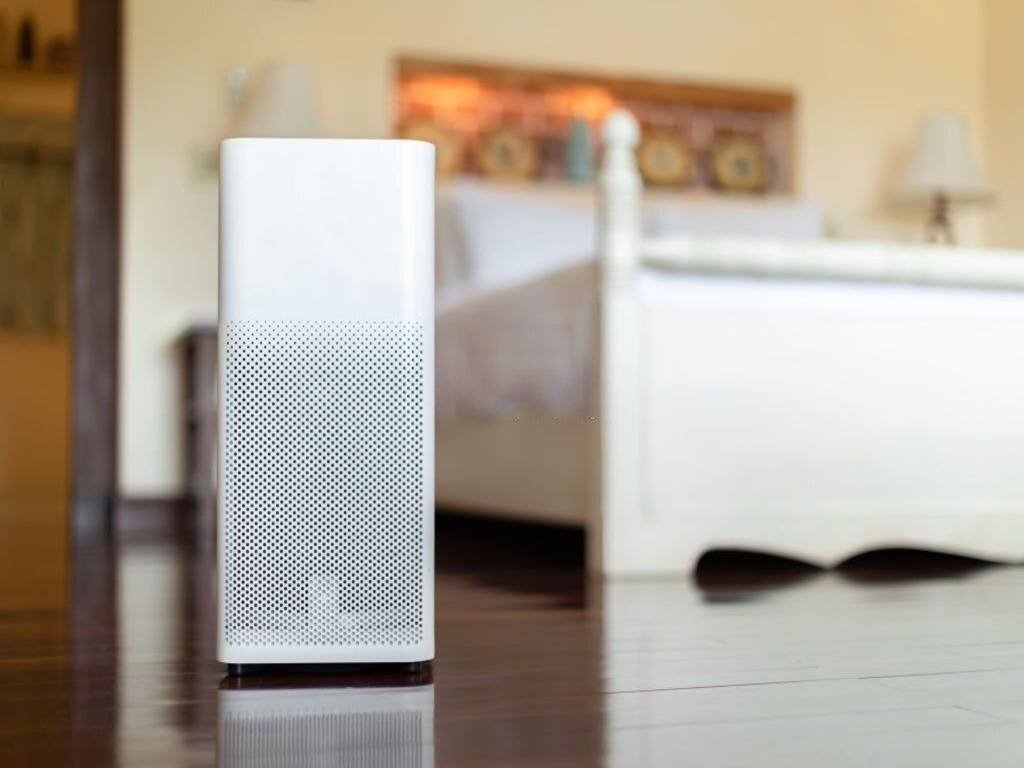
Migraines are debilitating headaches often characterized by intense throbbing pain, sensitivity to light and sound, nausea, and vomiting. For many migraine sufferers, certain odors can act as triggers, precipitating or exacerbating migraine attacks. Identifying and avoiding these triggers can help manage migraine symptoms more effectively. Here are seven odors known to trigger migraines
Perfumes and Fragrances
Strong scents from perfumes, colognes, and scented body products can be potent migraine triggers for some individuals. The synthetic chemicals found in these products may irritate the nasal passages and trigger migraine attacks.
Cigarette Smoke
Exposure to cigarette smoke, whether firsthand or secondhand, can trigger migraines in susceptible individuals. The chemicals and toxins in tobacco smoke can irritate the respiratory system and trigger inflammation, potentially leading to migraines.
Cleaning Products
Strong-smelling cleaning products, such as bleach, ammonia, and certain disinfectants, can trigger migraines due to their potent chemical odors. Opt for fragrance-free or naturally derived cleaning products to minimize exposure to migraine triggers.
Strong Food Odors
Certain strong food odors, such as those from onions, garlic, fish, and aged cheeses, can trigger migraines in some individuals. These odors may stimulate the trigeminal nerve, leading to migraine symptoms.
Paint and Solvents
Volatile organic compounds (VOCs) found in paints, solvents, and other household chemicals can emit strong odors that trigger migraines in sensitive individuals. Proper ventilation and minimizing exposure to these substances can help reduce the risk of migraine attacks.
Perfumed Products
Products with strong artificial fragrances, including air fresheners, scented candles, and potpourri, can trigger migraines in some people. Opt for unscented or naturally scented alternatives to minimize exposure to migraine triggers.
Certain Foods
In addition to food odors, specific foods themselves can emit odors that trigger migraines in susceptible individuals. Common culprits include foods containing monosodium glutamate (MSG), nitrates, and artificial sweeteners.
Identifying and avoiding these odors can help individuals with migraines reduce the frequency and severity of their attacks. Keeping a migraine diary to track triggers and symptoms can be helpful in identifying patterns and avoiding known triggers. Additionally, practicing relaxation techniques, maintaining a regular sleep schedule, and managing stress can help reduce the overall frequency and severity of migraines. If migraines persist despite avoidance of triggers and lifestyle modifications, consult with a healthcare professional for further evaluation and management.






















